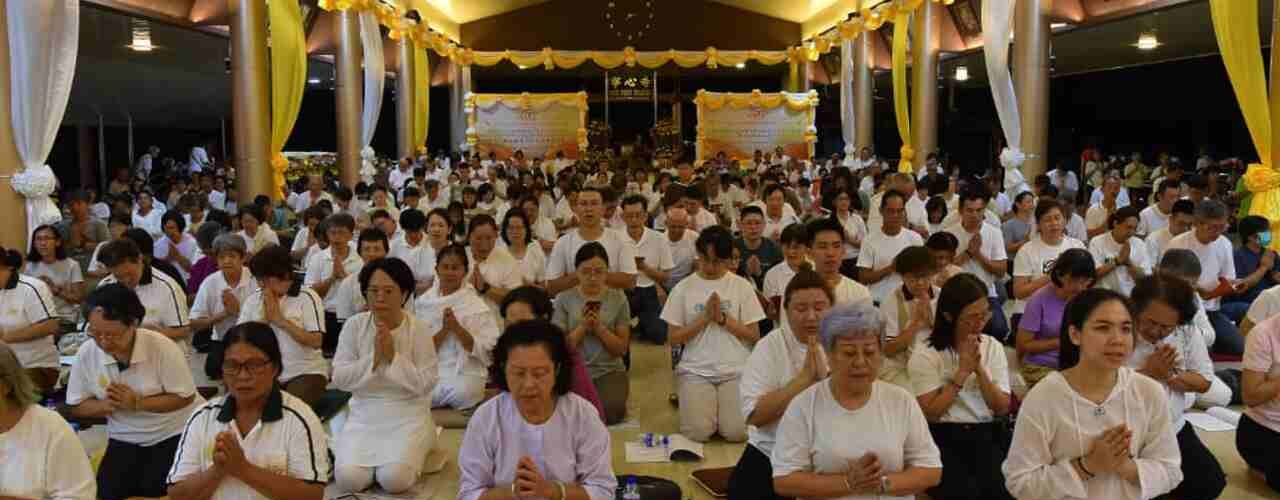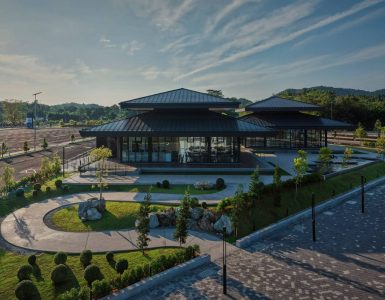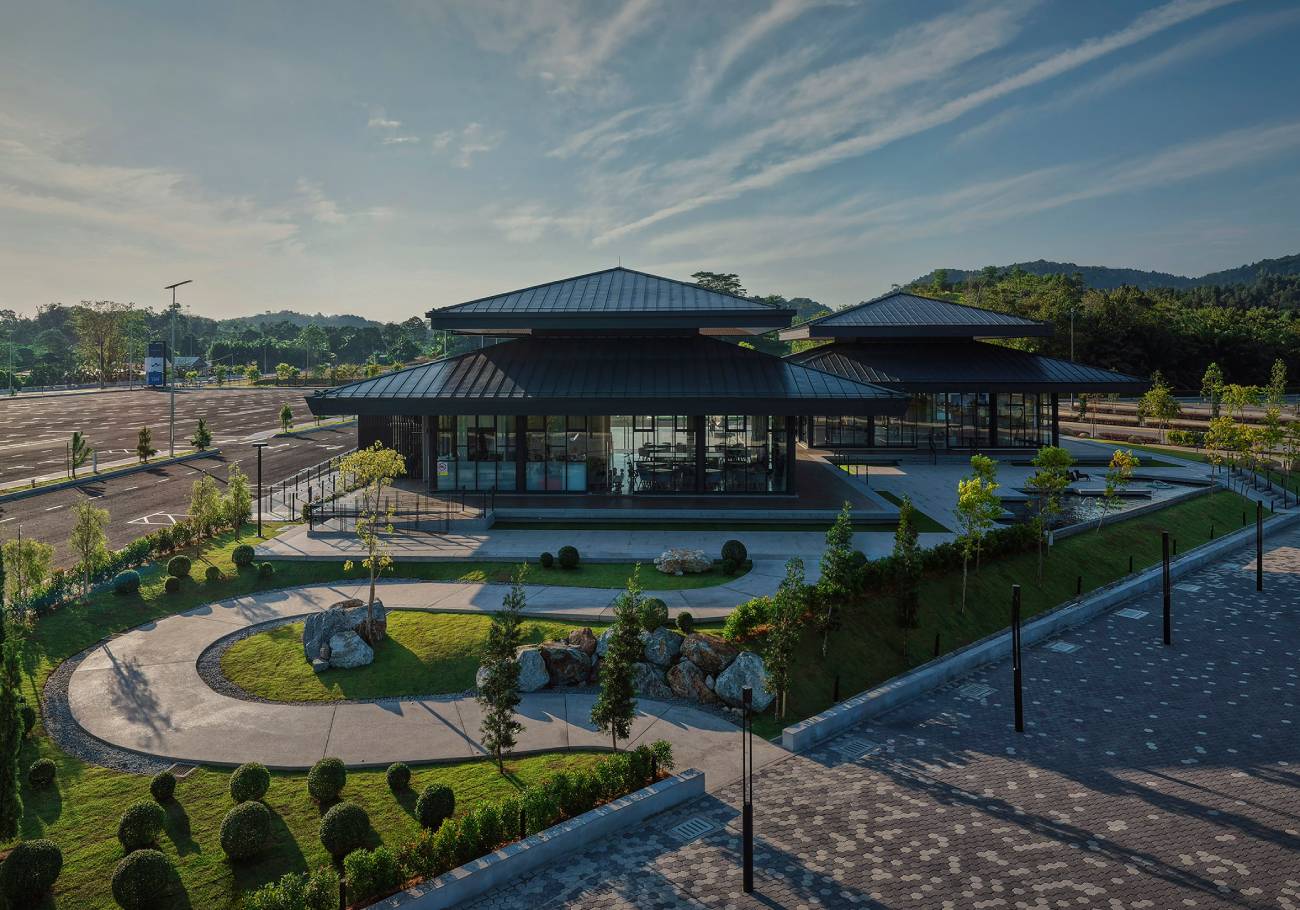In the serene town of Ulu Tiram, Johor, the Santi Forest Monastery, led by Chao Khun Keng (Ajaan Keng), recently hosted its annual Khatina Ceremony, drawing thousands of devotees from across Malaysia. This cherished Buddhist event, marking the end of the Vassa (Rains Retreat), underscores the rich cultural and spiritual heritage embraced by the local Buddhist community.
Dedicated to nurturing spiritual virtues, the monastery stands as a beacon of mindfulness and compassion, fostering a deep sense of unity among participants.
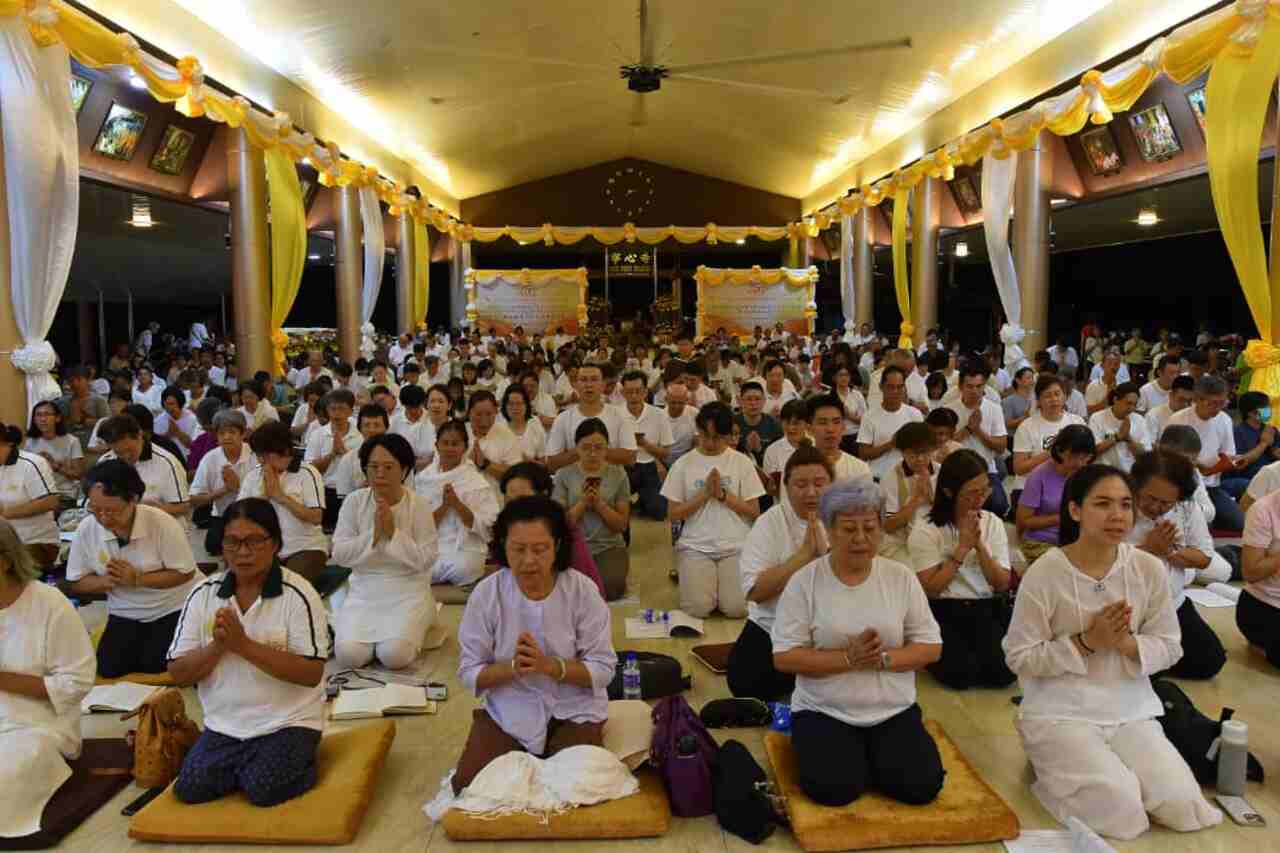
Reviving tradition
Dating back over 2,500 years, the Khatina tradition is celebrated at the close of Vassa, a three-month period of monastic retreat marked by introspection and meditation. During this time, monks remain in one place, devoting themselves to spiritual development.
Khatina allows lay followers to express gratitude for this dedication by offering new robes, symbolizing both material support and deep respect for the monks’ commitment to preserving the Dhamma, or teachings of the Buddha. At Santi Forest Monastery, this year’s Khatina saw devotees present robes to monks as part of a tradition that reaches back to the time of the Buddha, reaffirming bonds between the monastic and lay communities.
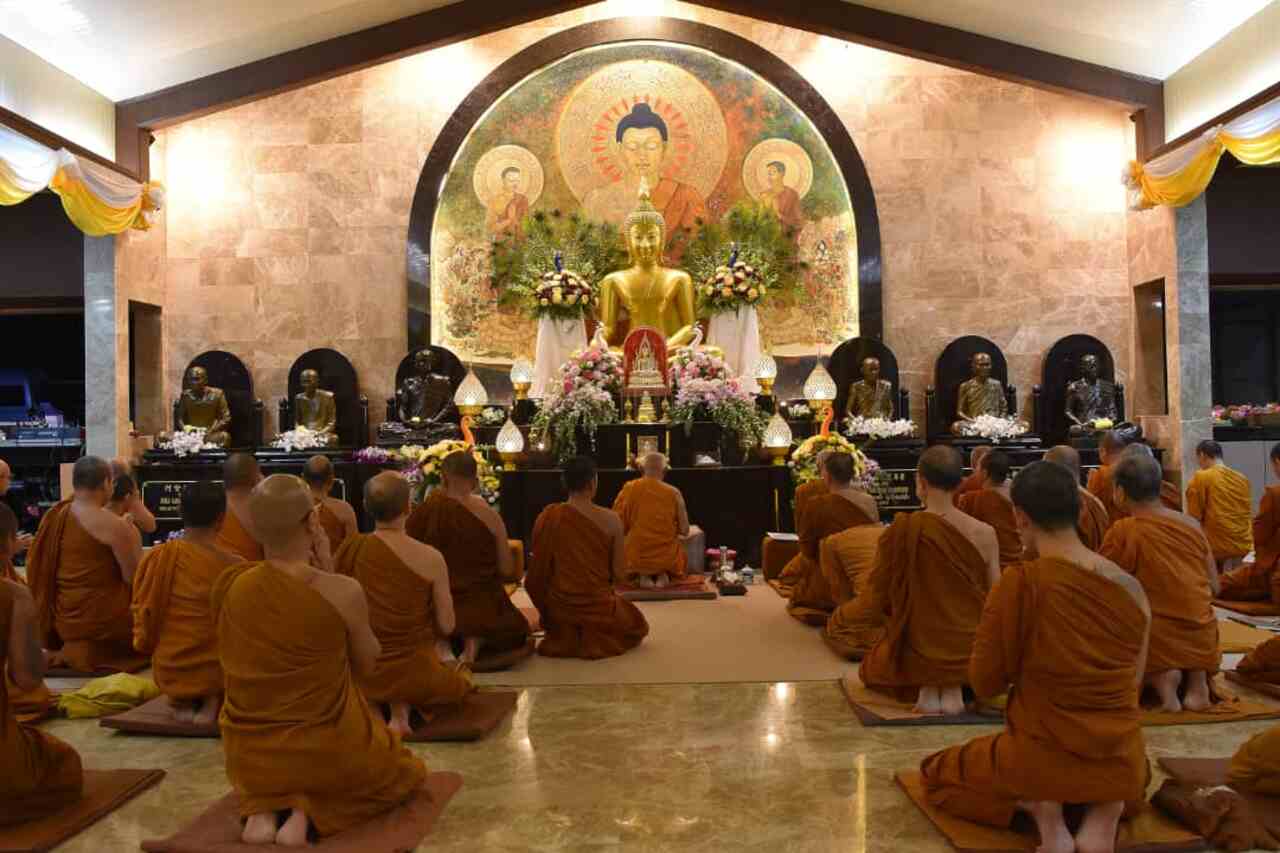
A celebration of community spirit
This year, the monastery grounds came alive with nearly 90 stalls and food trucks, set up by lay followers offering complimentary food and refreshments to attendees. From families to individuals, people of all ages participated in the lively celebration, embodying the Buddhist principles of compassion and generosity.
The atmosphere was one of joy, community, and spiritual renewal as monks received offerings from devotees, reciprocating with blessings and Dharma talks to deepen attendees’ understanding of Buddhist teachings. The ceremony served as a platform for spiritual reflection, underscoring values of compassion and interconnectedness that resonate deeply within the Malaysian Buddhist community.
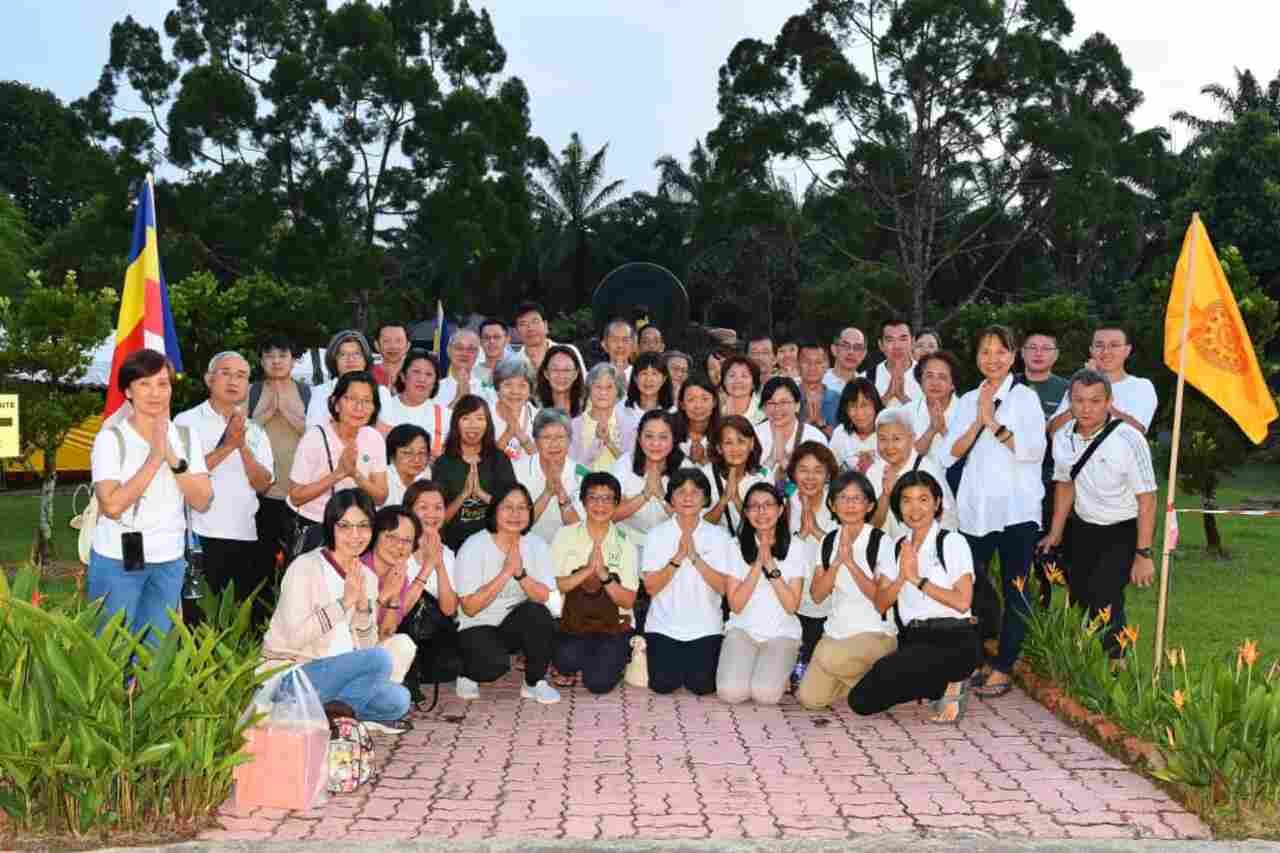
Honoring tradition through alms giving
One of the most significant moments of the day was the pindapata, or alms round, which brought together hundreds of devotees to offer dāna (generosity) to nearly 200 monks. The sight of monks standing in silence, each holding an alms bowl, while devotees respectfully presented food and offerings, created a powerful symbol of unity and humility.
This alms-gathering practice dates back to the Buddha’s time, emphasizing a reciprocal relationship where the laity provides sustenance, and the monks guide them spiritually. For many attendees, participating in pindapata was a moving experience, fostering a sense of interconnectedness and reverence for the Sangha (monastic community).
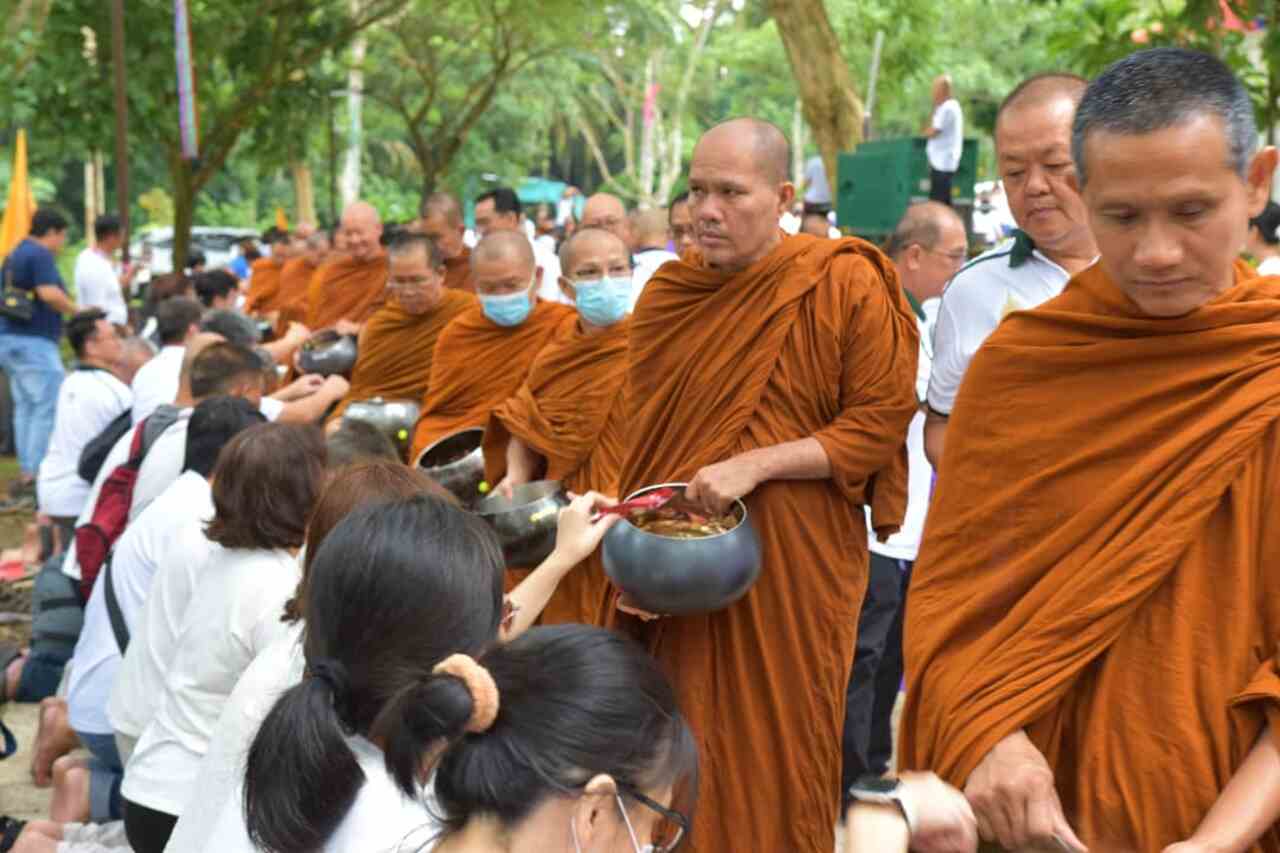
Santi Forest Monastery: A pillar of spiritual growth
Founded by Ajaan Keng, Santi Forest Monastery is dedicated to training both monks and laypeople in Buddhist principles, nurturing virtues such as Silā (Precepts), Samādhi (Concentration), and Paññā (Wisdom). Over the years, it has grown into a thriving center for meditation and spiritual practice, supported by a devoted community that gathers each year for the Khatina Ceremony. The monastery’s enduring role in the community reflects the timeless appeal of Buddhist values and their ability to inspire unity and generosity.
This year’s Khatina ceremony, with its fusion of ancient customs and modern-day participation, stands as a testament to the strength of the local Buddhist community in Ulu Tiram and the wider Johor region.


